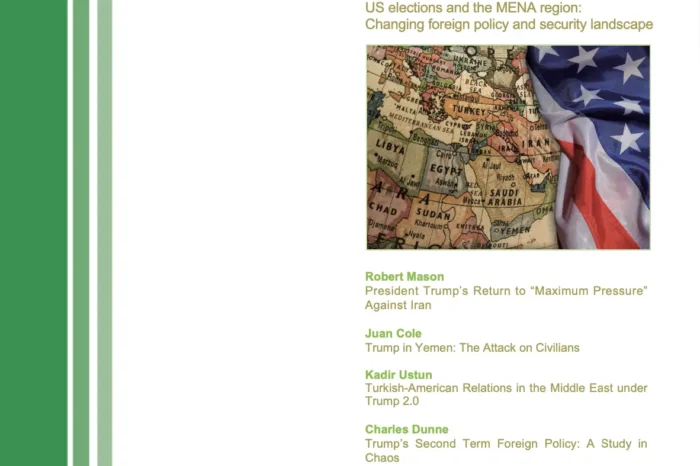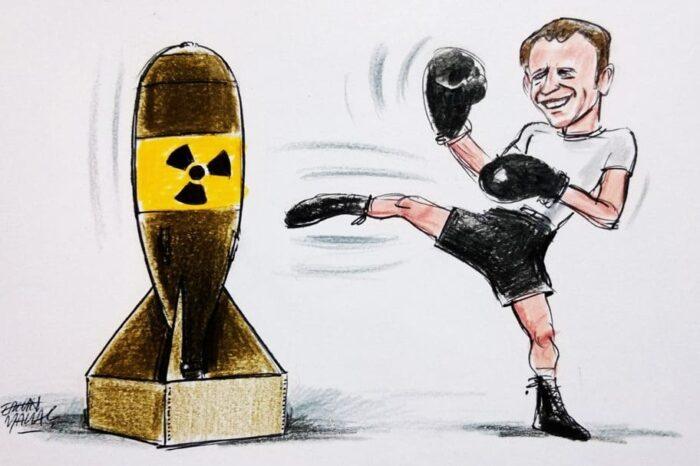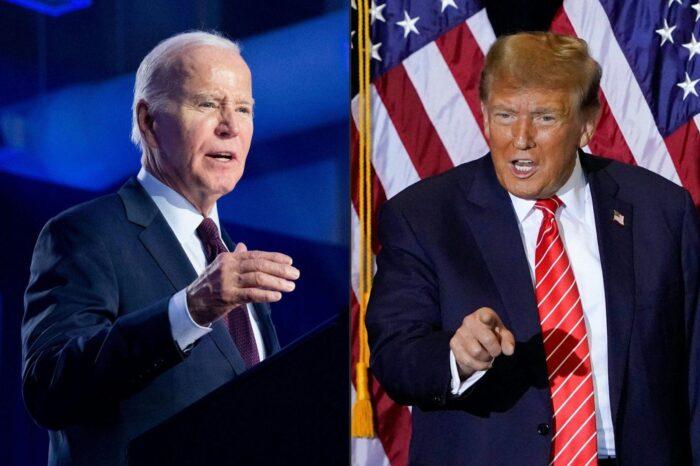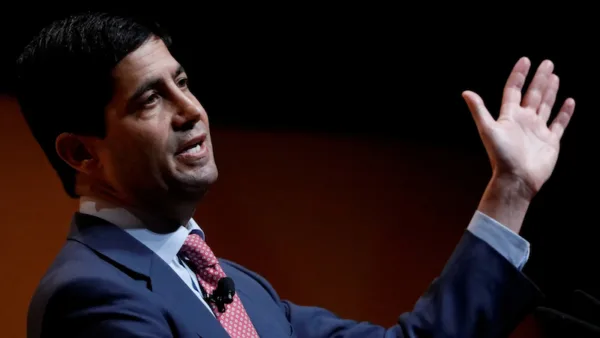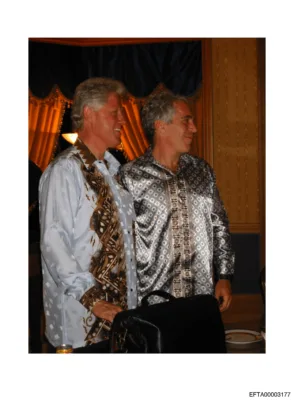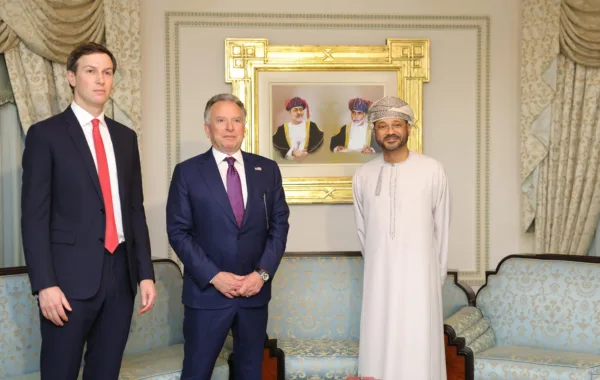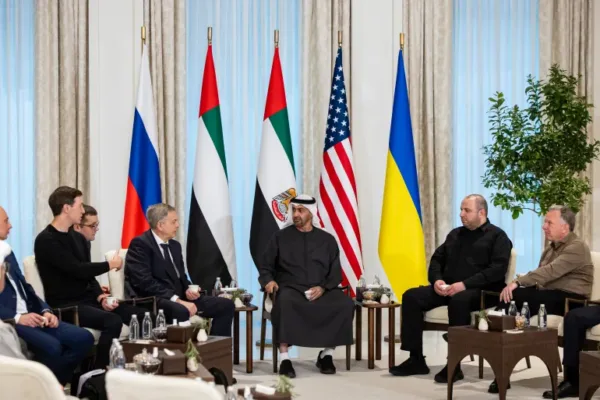NATO bid: Time for negotiations, not campaigns
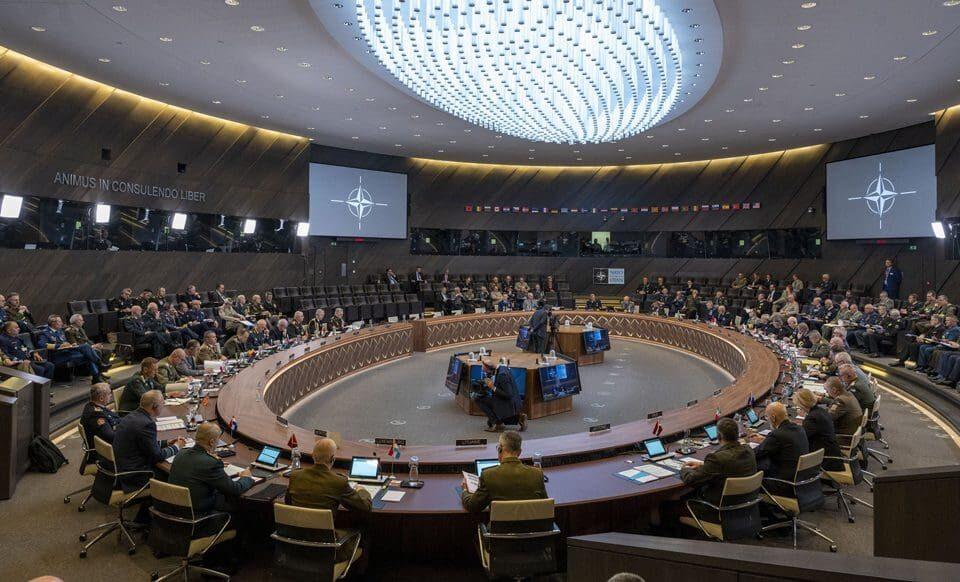
Ankara does not oppose NATO’s expansion or the admission of Sweden and Finland categorically. It is perfectly normal, however, for Turkey to urge its allies to take into consideration its security concerns, which they have ignored countless times to date, at this particular time and to insist that they take action.
As expected, Turkey vetoed the start of NATO accession talks with Sweden and Finland. President Recep Tayyip Erdoğan proceeded to announce that his country would not change its mind unless and until the two potential members stop supporting the PKK and the Gülenist Terror Group (FETÖ), and agree to lift the arms embargo on Ankara.
Maintaining that the Russian invasion of Ukraine marked the beginning of a new era and that NATO needs to be consolidated, the Western leaders made an attempt to persuade Turkey to lift its veto. It would appear that many visits, meetings and statements will be held or made until the June 30 summit in Madrid, Spain.
Reaching out to the Turks, the Western officials have been saying that they appreciate Turkey’s security concerns while calling for swift admission of Sweden and Finland, claiming that Ankara’s demands can not be met right away. Their Turkish counterparts, however, know perfectly well that past promises have not been kept and urge the Westerners to mount pressure on Stockholm and Helsinki instead.
It is not necessary for either Sweden or Finland, which must change their current policy to address Turkish security concerns, to be admitted into NATO before taking the necessary steps. For the record, Ankara does not oppose NATO’s expansion or the admission of Sweden and Finland categorically. It is perfectly normal, however, for Turkey to urge its allies to take into consideration its security concerns, which they have ignored countless times to date, at this particular time and to insist that they take action.
Tone of criticism
Whereas Western diplomats attempt to mount diplomatic pressure on Ankara, Western media outlets have deepened the tone of their criticism. They have already accused Turkey of going off course, blackmailing NATO, engaging in an act of aggression against the West, spoiling a historic moment, ruining the welcome party and, together with Hungary, helping Russian President Vladimir Putin. Others go further, claiming that the country does not share NATO’s values and has no place in the alliance.
That smear campaign will certainly continue in an attempt to strongarm the Turks. The current period, however, calls for a fair negotiation rather than such campaigns. The bottom line is that some NATO members must reverse their policies that undermine Turkey’s security.
As the Western media launches attacks against Turkey and Erdoğan, the opposition parties have been notably silent. Meanwhile, the pro-opposition media is busy making up excuses, criticizing the Turkish government for voicing its concerns in a supposedly inappropriate manner. It is a source of deep concern that the opposition would keep quiet or target the government vis-a-vis a national issue like counterterrorism. Meanwhile, the criticism that “Turkey does not criticize Russia over its links to the PKK” amounts to insulting everyone’s intelligence, as the question at hand relates to the expansion of NATO, a defense alliance in which Turkey remains a prominent member.
It is equally problematic that some commentators depict the current situation as “making it look like we are negotiating.” Right now, Turkey voices its legitimate concerns and the others accuse it of bargaining and blackmail. To say that Turkey looks like it is negotiating, then, is to speak the language of those who seek to suppress the country. The correct counterargument would be to say that those countries, which support the PKK and FETÖ, end up in a hostile situation toward Turkey.
The current situation is not the result of “Turkey seizing an opportunity to negotiate terms” but NATO allies having to address the security concerns of a prominent member state against the backdrop of fresh expansion and consolidation.
Does anyone in Turkey sincerely doubt that Sweden and Finland have become a “guest house” for PKK and FETÖ operatives, which raise funds and recruit militants there?
Since the Western media launched a fresh smear campaign, it is highly likely that the political opposition in Turkey opted to keep quiet and, later, criticize the government out of fear that the whole episode could “play into Erdoğan’s hands.”
Let us hope that I am wrong. Let us hope that the opposition delivers the necessary message to Sweden, Finland and all NATO countries. Let us hope that they will understand that the government and the opposition adopting a common stance would serve our national interest.

